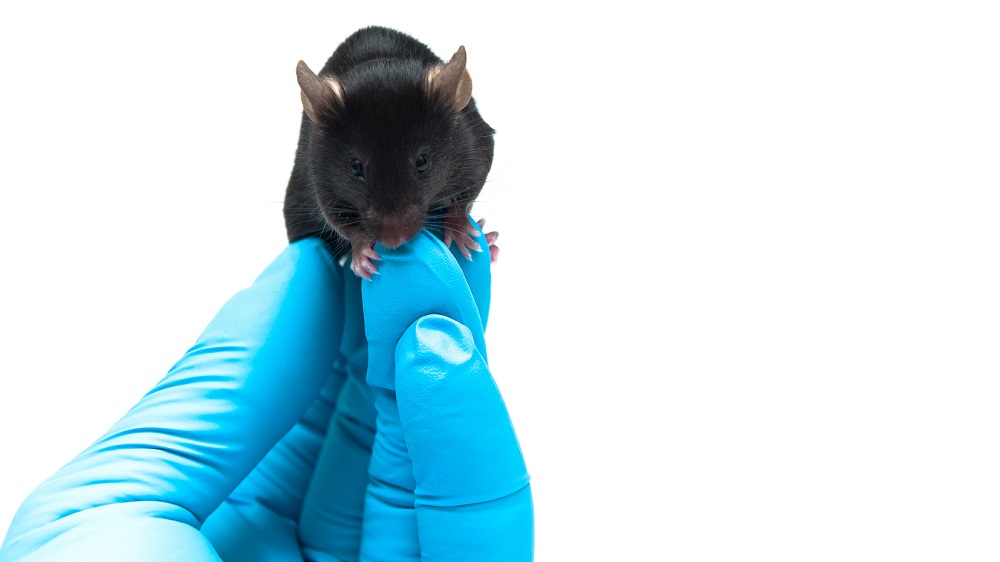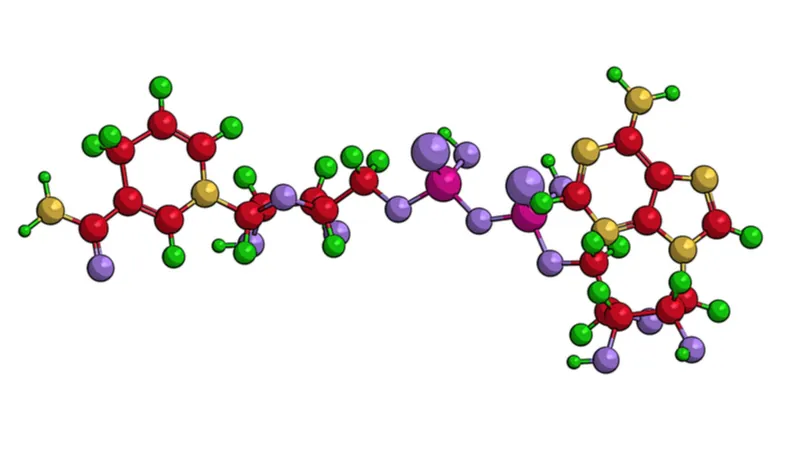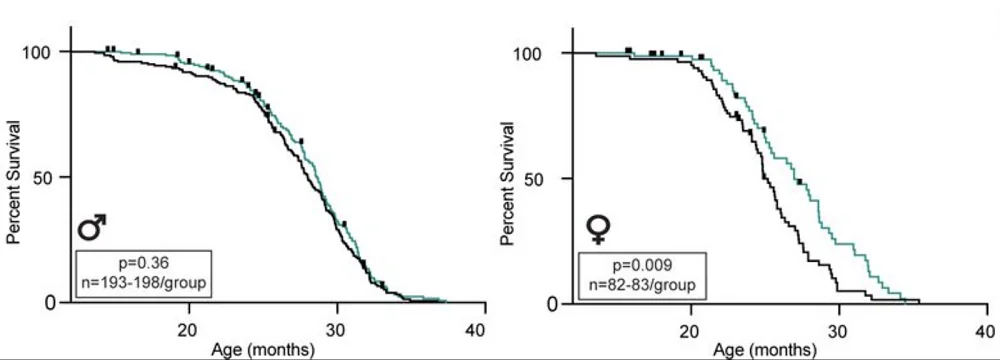NMN Increases Lifespan in Female Mice
- Males received increases in healthspan.

A new preprint from David Sinclair’s lab has discovered that NMN supplementation started in midlife increases median and maximal lifespan in female mice and boosts healthspan in males [1].
NAD and aging
Nicotinamide adenine dinucleotide (NAD) is a ubiquitous metabolite that performs several crucial roles. NAD’s oxidized version, NAD+, participates in energy production, facilitates DNA repair, and serves as a co-substrate for many enzymes, such as sirtuins, the family of proteins linked to longevity.

Read More
NAD+ levels decline with age, but they are not easy to replenish. While it is possible to get pure NAD+ intravenously, via patches, or as a nasal spray, a seemingly easier way is to use NAD+ precursors, such as nicotinamide mononucleotide (NMN) and nicotinamide riboside (NR). Numerous studies have shown that both can elevate NAD+ levels and produce various health benefits [2], such as improved mitochondrial function and lower inflammation.
When it comes to lifespan, NR has shown mixed results in mice. Notably, a vast study by the Intervention Testing Program, considered the golden standard of mouse lifespan studies, failed to demonstrate life extension by NR [3]. NMN’s effect on mammalian lifespan has not been tested until now. Both compounds are currently in multiple human trials and are marketed as supplements.
Long live the females!
In this new study, coming from the Harvard laboratory of the prominent geroscientist David Sinclair and currently under review by the journal Cell, mice of both sexes received NMN in their food starting at 13 months of age (roughly 40 in human years). The chosen daily dose was 550 mg/kg. Using a popular conversion formula based on body surface, this is equivalent to a human dose of 44 mg/kg, or about 3 grams for an average human.
Both male and female mice in the study group had lower frailty scores later in life. Males experienced less vision loss, maintained fur color and had better breathing rates compared to controls. Females enjoyed better coat condition and less kyphosis.
The same group of researchers recently developed a mouse biological age clock based on frailty metrics. “Application of these tools to the male mice at 21 months,” the researchers wrote, “showed the NMN-treated mice had lower predicted age, indicating lower biological age, and higher predicted remaining lifespan than untreated mice.” Methylation clocks, a more widely accepted metric of biological age, however, did not show a significant effect of NMN.
While the frailty-based clock showed lower biological age in male mice, the treatment did not translate into longer lifespan in this subgroup. It did, however, in female mice, extending median lifespan by 8.5% and maximal lifespan (measured at 90% mortality) by 7.9%. Many compounds tested for lifespan extension in mice have sex-specific effects, and the reasons for that are not clear yet.

“Despite the increased lifespan of the female mice,” the authors note, “there was no difference in disease burden or morbidity index between treated and untreated mice, implying a delay in the onset of age-related diseases generally with NMN treatment, rather than the targeting of a specific disease.”
Lower inflammation and better microbiome
While male mice didn’t get significant lifespan extension, their increased healthspan was consistent with the visible separation of survival curves up to the 24-month mark. Male mice stayed leaner on average and showed increased activity during dark time when mice are most active. Interestingly, many of the benefits seen in males were not detected in females. Their metabolome also showed much less changes in reaction to treatment than in males.
The treated mice of both sexes also had lower levels of 4 out of 31 inflammatory cytokines, suggesting the attenuation of age-related inflammation. The composite cytokine score showed a downward trend, which did not quite achieve statistical significance.
In another interesting finding, NMN caused changes in the microbiome. In particular, it increased the abundance of Anaerotruncus colihominis, a bacterial species that has been linked to lower neuroinflammation and is enriched in centenarians. This might explain some of NMN’s beneficial effects. However, the authors admit that “the mechanism of lifespan extension in female mice with NMN remains unclear.” It is also unclear why life extension was only observed in female mice, although the researchers did detect certain sex-related differences in NMN metabolism that might account for that.
“The beneficial effects of NMN on metabolism and its ability to delay frailty in mice were expected,” David Sinclair said to Lifespan.io, “but we didn’t expect to see apparently positive changes to the microbiome or sex differences in lifespan. We hope the work is useful in guiding the design of future clinical trials testing the effects of NMN and other NAD boosters in humans.”
Literature
[1] Kane, A. E., Chellappa, K., Schultz, M. B., Arnold, M., Li, J., Amorim, J., … & Sinclair, D. A. (2024). Long-term NMN treatment increases lifespan and healthspan in mice in a sex dependent manner. bioRxiv, 2024-06.
[2] Rajman, L., Chwalek, K., & Sinclair, D. A. (2018). Therapeutic potential of NAD-boosting molecules: the in vivo evidence. Cell metabolism, 27(3), 529-547.
[3] Harrison, D. E., Strong, R., Reifsnyder, P., Kumar, N., Fernandez, E., Flurkey, K., … & Miller, R. A. (2021). 17‐a‐estradiol late in life extends lifespan in aging UM‐HET3 male mice; nicotinamide riboside and three other drugs do not affect lifespan in either sex. Aging cell, 20(5), e13328. Chicago







